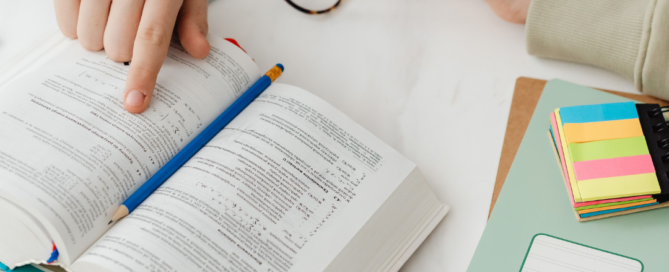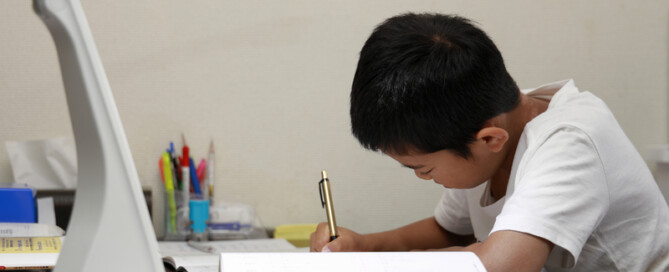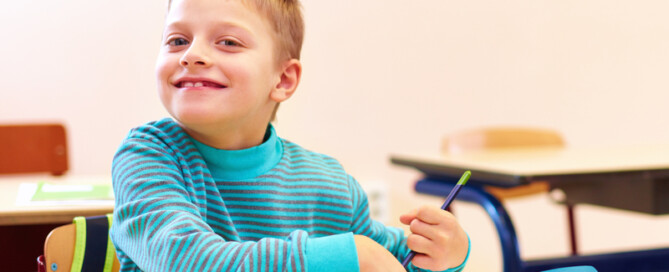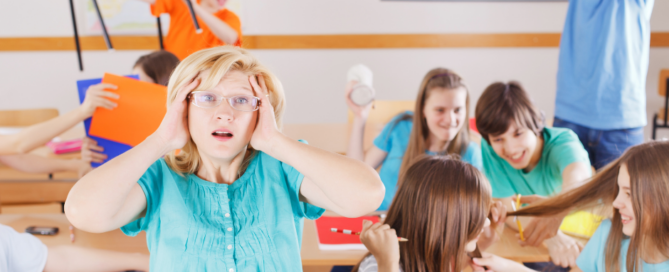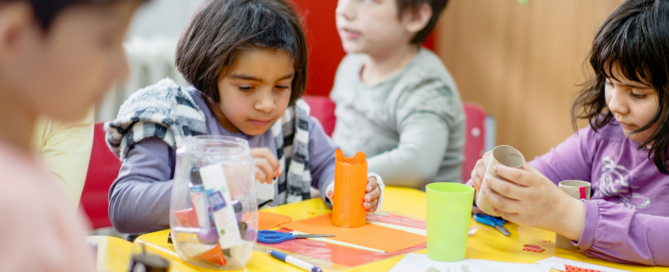Special education students with disabilities need research-based tools for assessment, instruction, and progress monitoring. Diagnostic assessments should analyze each individual child’s standards-based learning gaps and present levels (PLAAFP). Education technology, or edtech, can be used to develop individualized education programs (IEPs) using narratives and standards-based data. A successful SPED curriculum is delivered using diagnostic assessments to assign specially designed instruction (SDI) for students with disabilities at the appropriate zone of proximal development (ZPD). This enables personalized, adaptive instruction to help students with disabilities become successful learners. As instruction progresses, standards-based formative assessments are used to provide progress monitoring, tracking student performance from the initial evaluation.
Edtech is an effective way of providing assessment, instruction, reporting, and narratives for classroom teachers and parents of students with disabilities.
On this page, Let’s Go Learn and its partners provide a library of blog articles to offer special education assessment and instruction strategies and best practices for everyone from professional educators and teachers, to tutors and homeschool parents. We welcome your comments.



